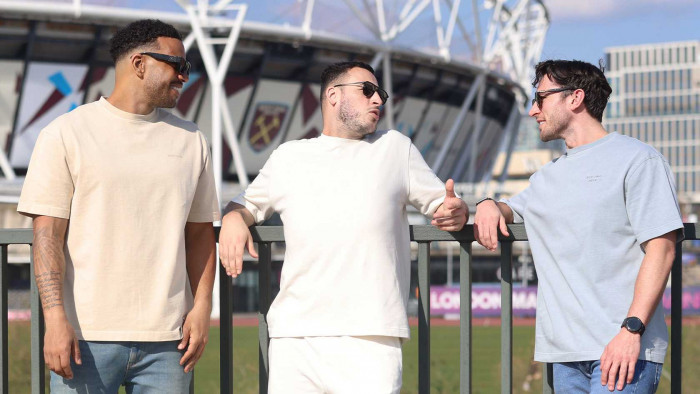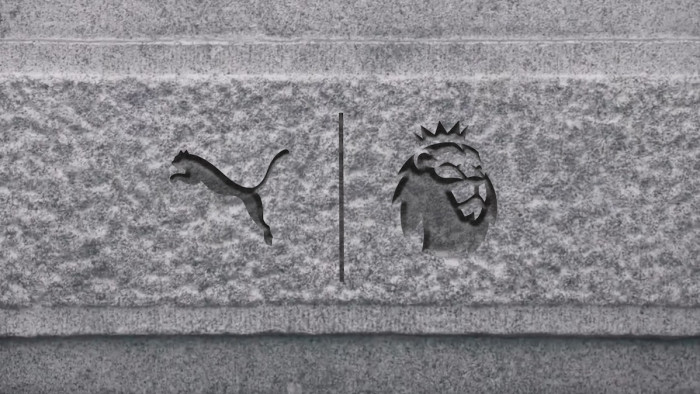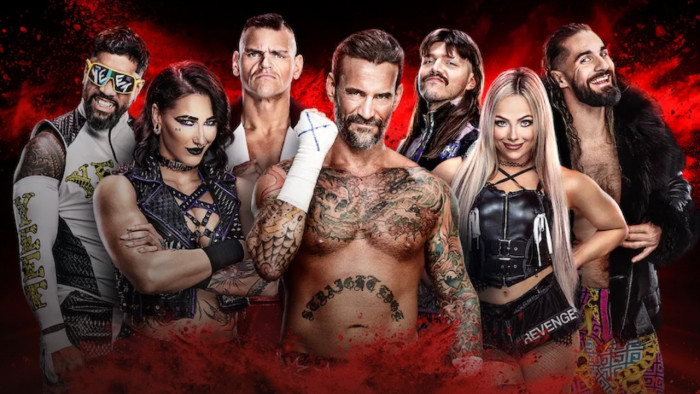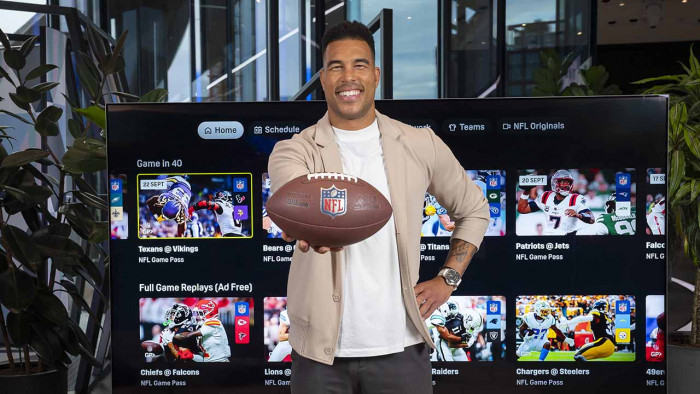This is how goalkeepers use psychological tricks to win penalty shoot-outs
An ex-Premier League youth goalkeeper reveals the games you need to play


I was in the youth set-up of Norwich City as a young lad, an on-again-off-again Premier League side, playing in goal for several years until I decided I hated it, desperately jealous of my schoolmates who got to stay in on Sunday mornings to play Nintendo or have fun with their other friends on a Friday night.
As a goalkeeper, during the games I would often profile the opposing players on the pitch. This may sound like an odd pathological quirk to have, but believe me, all goalkeepers at any reasonable level do it.
It’s a skill that comes from years of watching football matches you’re not really part of, but sporadically have to participate in (the teams I was in were quite dominant). One where, if you’re any good, you can make almost scarily accurate predictions based upon hundreds of invaluable hours of playing and training experience, forensically weighing up the opposition to understand who they are and what drives them - so that, later, you can help beat them.
At no stage is this mental cataloguing more important than during penalty shoot-outs, something the 2018 World Cup teams will know only too well as they enter the knockout stages of a competition that’s already seen its fair share of penalties thanks to VAR.
Related: Gareth Southgate has reportedly picked his 5 penalty takers for England

Referee Enrique Caceres awards a VAR-assisted penalty during the group game between Egypt and Russia
A goalkeeper’s psychological breakdown of a penalty taker always begins with personality, drilling down into their dominant characteristics.
Is the player arrogant? He surely is if he’s a pro footballer taking a highly pressurised penalty. Do you have history with the player? Do you seriously dislike him, perhaps for a reason unbeknownst to even yourself? Even if not based on any actual or perceived slight? Often I found that this kind of unfiltered animosity would conjure itself up in a need to embarrass you, the keeper, the sentiment betraying itself in a mad Russian roulette game of the eyes. I’ll come back to this in a second.
But what if you don’t know the player currently facing you down from the spot. Because, say, he plays in Mexico, and he’s been somewhere between Harry Maguire’s marauding pocket and Ashley Young’s maddeningly incessant linesman berating all night. On these occasions you’re poised to dig deeper.
Is he the good-looking wing-forward-type? Is he wearing those little white socks over his long socks? Has he got especially exuberant, coiffed hair with a weird asymmetrical fade?
All of these things could point to the player being a bit of a smart alec. An arrogant footballing peacock with something to prove and a young goalie to humiliate.
At this point you’re looking to decipher the subtle signals he’s trying to send you with every glance in the early stage of his run up. If you judge him to be essentially witless, but with that callous streak that convinces people they can trick anyone, then he’s likely to look one way and shoot the other. This is a certainty if the stare is exaggerated. A deliberate, but easily-spotted feint betrayed by the player’s own confidence.

Ronaldo: the ultimate footballing peacock, pictured scoring a penalty against Spain in Portugal’s first group game. He would, however, miss one in the last group game against Iran
Unlike the goalkeeper in a penalty situation, who can actually profit from indecision, overthinking as a kick-taker can often spell danger. The comforting, perhaps even life-affirming clarity of Alan Shearer’s penalty adage, that of picking a spot and never wavering, is valid inasmuch as you should kick the ball exactly how you intended to.
It’s what makes ‘faking’ so difficult. If you seriously wish to project the notion that you’re shooting right but actually hit it leftwards, there’s a good chance you won’t sort your body out in time to strike the ball how you need. You’ve overthought. Your body is saying one thing, your mind another. Humans are simple animals and seemingly simple mental arithmetics like this can be our downfall, resulting in a lack of conviction. That or you don’t project that idea at all. And if you do get it right, you’re going to broadcast a late deviation in your run up or body positioning.
I specifically remember a striker who was full of himself doing exactly this. He was a gifted player in the league, and so clearly thought about these things too in order to gain whatever edge he could. In any case, I saved the penalty because as described: he shot to my right despite making sure I knew he was preoccupied with the bit of goal to my left. There’s a not-so imperceptible difference between someone looking somewhere fleetingly and wanting to be seen looking, and in the case of England, Pickford has to be alive to it.
Related: All you need to know: this is now England’s route to the World Cup final

Harry Kane scores his second penalty for England against Panama in the group stages
Conversely, there are other types. The cerebral player who really does think several passes ahead. The swaggering hero who will look one way and shoot that way too. A confident player bandaged in assumptions. Here, the kick taker assumes you are too perceptive to dive the way he’s staring. They know you’re playing games, picking up on clues, body language and running through pre-learned stats and data in your head. They’re hoping, no, praying, that you’re perceptive enough to dive the opposite way. That it is impossible for you to work your mental cogs up to that third gear in time to consider that he just might be double-bluffing.
At this stage it’s necessary to take a step outside your own body for a moment. Put yourself in the position of the penalty taker. What would you think if you were looking at you? Are you a smart ‘keeper? Of course you are, you’re reading this before the big game - but if you’re not, assume the only options available to the taker are shoot the way you’re looking or bluff, singular. Forget about the double-bluff.
If he’s not doing the eyes at all, then a keeper’s best option is to dictate his penalty for him - and it doesn’t take Derren Brown levels of suggestion and trickery. A simple way is to construct a mental puzzle with your positioning and body movements/language. Show him the best, most realistic place to put the ball with your arms and frame.
The key is aiming to create a new situation, bringing fresh variables to what should be a controlled event. People don’t react well to uncertainty or change. Even simply standing a step to the left, but clearly suggesting that you want to recover and dive to your right, all of a sudden can be enough.
You know there are several decisions he must make from this point and he’s watching and studying everything. From here it’s about creating more and more uncertainty, to get in their heads and control the kick. I used to enjoy freaking everyone out, teammates included, by not standing centrally in the goals.
Both penalty taker and goalkeeper alike should be battling, in that moment, to be alpha. Bolstering their own subliminal suggestions with the security of tried and tested profiling assumptions. If he’s no-nonsense (black boots) or confident (two different types of boots), he’s likely to shoot in the bigger space you’ve presented to your right. If he’s an intelligent or splenetic sort, he may well try and stick it in the bit you’re apparently vacating on your left.

Coloured boots? He’s going to your right
The illusion of choice is what you want. Right-footed keepers find it’s easier to dive to their left, pushing off their stronger right peg, though right-footers favour shooting to the ‘keeper’s right. So in this eventuality, from a starting position slightly to the left-of-centre, you make a small movement to your right, flailing the arms a bit for effect, before stepping back to your left and diving, thus being nearer to the post then you otherwise would have been had you not constructed this weird fantasia of dance and mime. Reverse for left-footers a la Pickford.
On probability one or two penalty takers will go down the middle by choice or imprecision, so for good measure it’s always good to react after the ball is kicked on at least one of the penalties. Perhaps the no-nonsense, centre-half one.
I tend to think an inordinate amount of lateral to-ing and fro-ing gives the impression that you inevitably will hit the canvas, so surprise him with a bit of a Jerzy Dudek and point somewhere before setting yourself as he’s about to strike.
A lot is said about penalties: a game of chance; heavily weighted in favour of the kick-taker; heavily weighted in favour of the goalkeeper; an exercise in data and statistics; or psychological warfare.
Regardless of whether you’re in front of the ball staring towards the goalmouth or a keeper praying he doesn’t become a national scapegoat, the key is confidence, preparation and gaining a psychological edge.
If England can keep that edge, they might just go all the way - even if it goes down to a dreaded penalty shoot-out.
(Images: Getty)
Latest
Related Reviews and Shortlists









